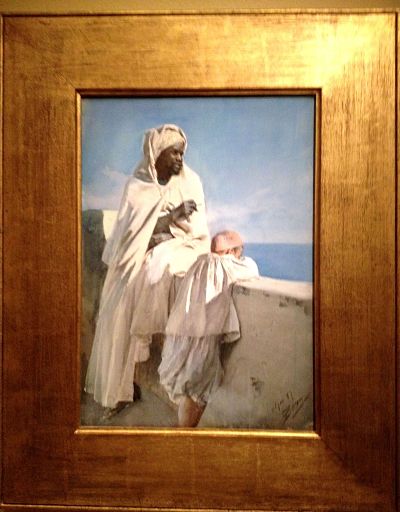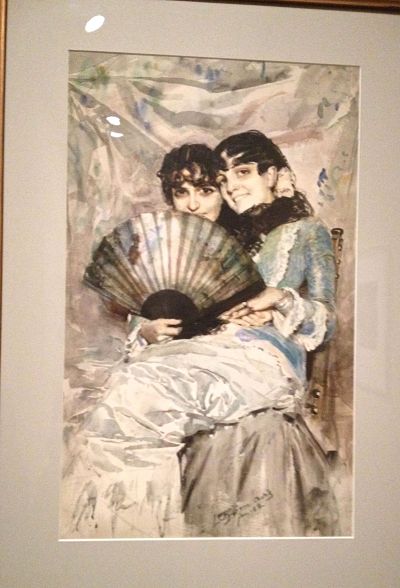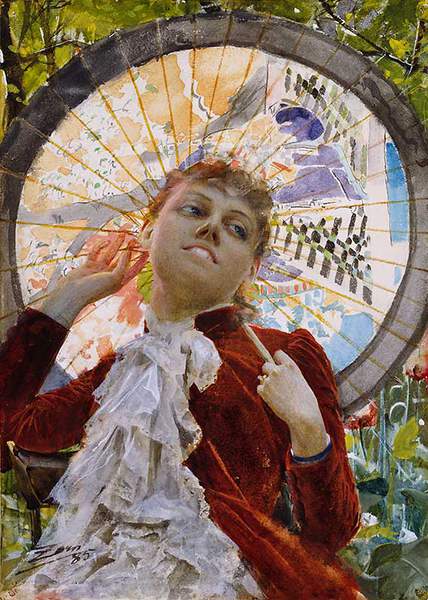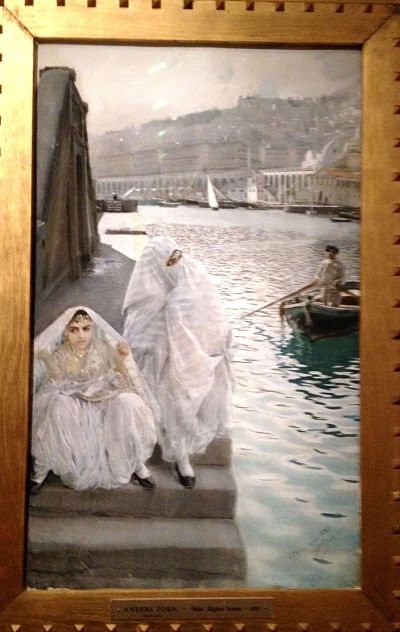Month: December 2013
Everybody wants the chickens
I spent the weekend putting extra fine mesh over the two-inch mesh that lines the bottom of my chicken coop. Rats had been tunneling under and squeezing in to eat the grain. It was a long and tedious job on hands and knees, but hopefully will deter the marauders.
Then yesterday, I was outside just enjoying the chickens. That is, I was turning over dirt with a pitchfork and watching them greedily gobble the worms and bugs that emerged. It’s especially fun to watch them eat worms (or at least what I call fun). They sort of suction them out of their holes and eat them like strands of spaghetti. While we were happily engaged, there was a crash and a shriek, and suddenly the chickens were fleeing madly towards their house.
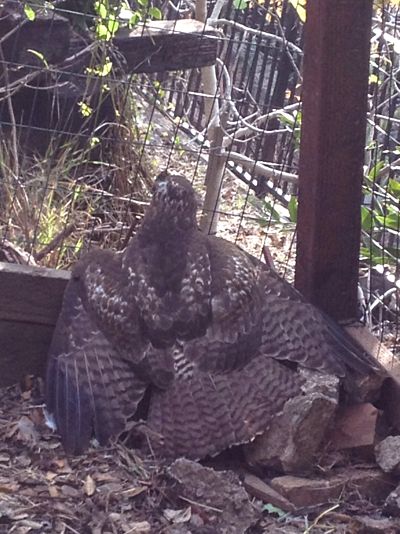 I turned around to see a young redtail hawk that had swooped in from the wooded side of the run. It had chased a few birds and wound up in the covered corner of the run, unable to get out. It hunched up facing away from me. Luckily I had my phone in my pocket, so I could capture the hawk digitally before turning it around with a long stick, and herding it out to the open area, where it could fly away. Continue reading “Everybody wants the chickens”
I turned around to see a young redtail hawk that had swooped in from the wooded side of the run. It had chased a few birds and wound up in the covered corner of the run, unable to get out. It hunched up facing away from me. Luckily I had my phone in my pocket, so I could capture the hawk digitally before turning it around with a long stick, and herding it out to the open area, where it could fly away. Continue reading “Everybody wants the chickens”
A snail for Larry
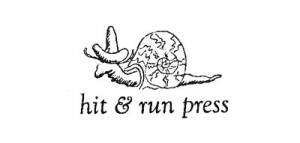 No adult gifts is the holiday rule in our house, but there is a little child waiting for presents in each of us, so I can’t resist at least one small thing for everyone–and I mean REALLY small. For example, this poem by Thom Gunn is my gift to Larry, who uses the snail as his hit & run press logo.
No adult gifts is the holiday rule in our house, but there is a little child waiting for presents in each of us, so I can’t resist at least one small thing for everyone–and I mean REALLY small. For example, this poem by Thom Gunn is my gift to Larry, who uses the snail as his hit & run press logo.
Considering the Snail
The snail pushes through a green
night, for the grass is heavy
with water and meets over
the bright path he makes, where rain
has darkened the earth’s dark. He
moves in a wood of desire, Continue reading “A snail for Larry”
The Exemplary Sentence
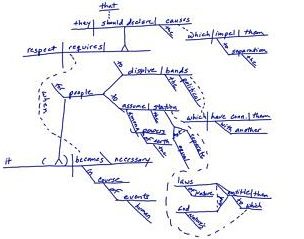 I have been reading a book by an anonymous woman, called A Woman in Berlin. It’s a diary of the period between late April and mid-June 1945. It describes the fall of Berlin and its takeover by the Red Army. Society is in collapse, and the book is amazingly frank, thoughtful, and unsentimental. Much of it details the simple tasks of staying alive, managing not to be raped by too many of the soldiers, finding food and relative safety.
I have been reading a book by an anonymous woman, called A Woman in Berlin. It’s a diary of the period between late April and mid-June 1945. It describes the fall of Berlin and its takeover by the Red Army. Society is in collapse, and the book is amazingly frank, thoughtful, and unsentimental. Much of it details the simple tasks of staying alive, managing not to be raped by too many of the soldiers, finding food and relative safety.
Here are a few snippets:
“These days I keep noticing how my feelings toward [German] men–and the feelings of all the other women–are changing. We feel sorry for them: they seem so miserable and powerless… The Nazi world–ruled by men, glorifying the strong man–is beginning to crumble and with it the myth of ‘Man.’… Among the many defeats at the end of this war is the defeat of the male sex.” Continue reading “The Exemplary Sentence”
Poetry Monday–two from Lucille
 I know it’s Tuesday again, but I was in an anti-poetry mood yesterday, wandering through my friends’ extensive library and not liking anything I read. We poets are a pretentious bunch! Then I thought about Lucille Clifton. I was lucky to have worked with her two different years at Squaw Valley. Although I knew her only slightly, she was one of those people who make a big impression. I watched her deftly improve poems, encourage without over praising, and say things like, “the house of poetry has many rooms.” Her own poems are usually short, accessible, and powerful like these samples. They are not all about being a woman, or black, but they all have wit and a big heart. Lucille didn’t capitalize much, and was sparing in punctuation. When asked about it by one of the students she said that was just how it came to her:
I know it’s Tuesday again, but I was in an anti-poetry mood yesterday, wandering through my friends’ extensive library and not liking anything I read. We poets are a pretentious bunch! Then I thought about Lucille Clifton. I was lucky to have worked with her two different years at Squaw Valley. Although I knew her only slightly, she was one of those people who make a big impression. I watched her deftly improve poems, encourage without over praising, and say things like, “the house of poetry has many rooms.” Her own poems are usually short, accessible, and powerful like these samples. They are not all about being a woman, or black, but they all have wit and a big heart. Lucille didn’t capitalize much, and was sparing in punctuation. When asked about it by one of the students she said that was just how it came to her:
to my last period
well, girl, goodbye,
after thirty-eight years.
thirty-eight years and you
never arrived
splendid in your red dress
without trouble for me
somewhere, somehow. Continue reading “Poetry Monday–two from Lucille”
Anders Zorn
Last Sunday was a perfect, mild winter day, sun and mist. We took a walk at Land’s End and then went to see an exhibit of the Swedish painter, Anders Zorn (1860-1920), at the Palace of the Legion of Honor. I’d never heard of him, and while I didn’t think much of his later work, I loved his early watercolors. He was a painter who came from very humble origins and achieved fame early. He wound up making ~$15,000 a week in the early 1900’s painting portraits in the mode of John Singer Sargent. In his final self-portrait, he looks plump, content, and more like a wealthy merchant than an artist. Still, I think it’s worth a trip to see the rooms of watercolors. The personalities of his subjects seem to shine through, and his water is especially vivid.
Oulipo
 I had never heard of it either, but it’s a French acronym, short for Ouvroir de littérature potentielle; roughly translated: “workshop of potential literature”). You can read up on it here. We studied it recently in a class I’m taking on the structure of poetry.
I had never heard of it either, but it’s a French acronym, short for Ouvroir de littérature potentielle; roughly translated: “workshop of potential literature”). You can read up on it here. We studied it recently in a class I’m taking on the structure of poetry.
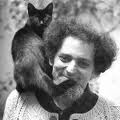 Founded in 1960, by Georges Perec, Oulipo’s members used mathematics to place constraints on the creation of literature. Continue reading “Oulipo”
Founded in 1960, by Georges Perec, Oulipo’s members used mathematics to place constraints on the creation of literature. Continue reading “Oulipo”

